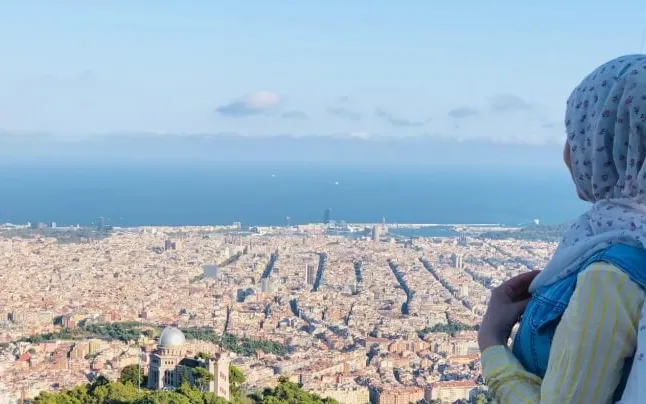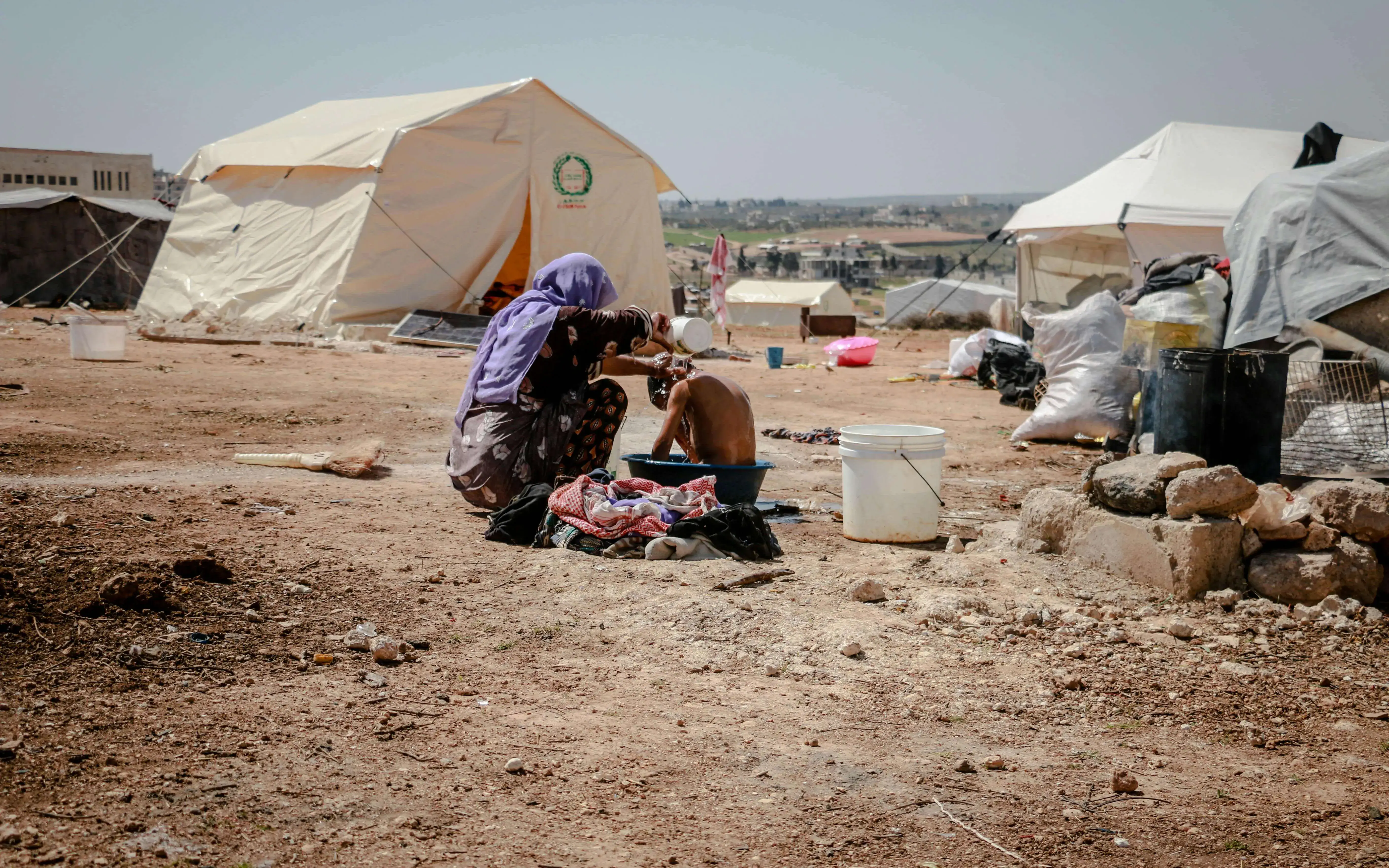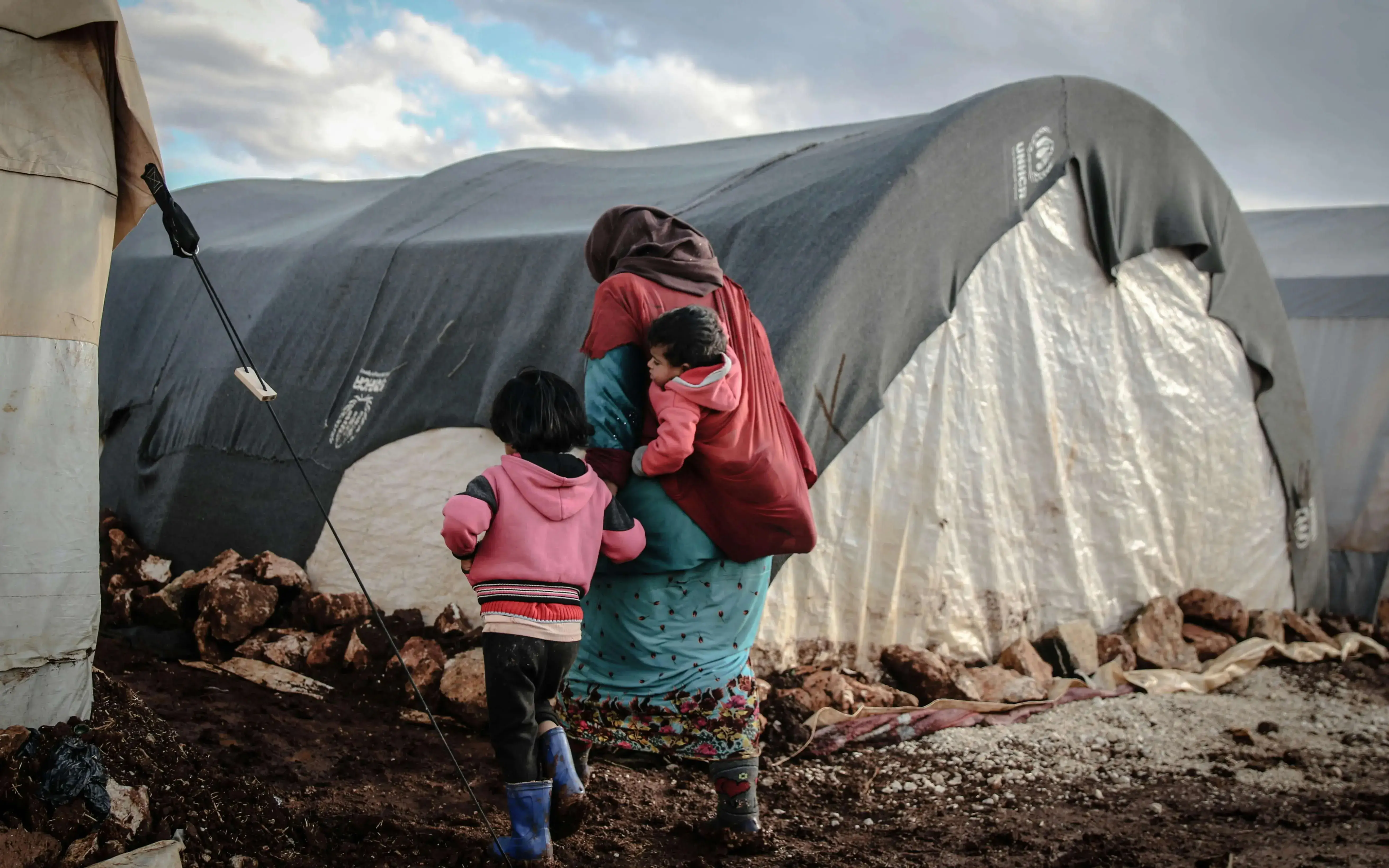In 2022, the Polytechnic University of Catalonia (UPC) approved its ' International Emergencies and Alerts Protocol ', which incorporated, as an annex, the Refugee Reception Program.
This program aims to facilitate the reception of people who have fled their country due to wars or other emergencies or contexts of persecution, and to offer them university training. Among the benefits it contemplates, there is access to tuition grants, psychological, visual and language health support, mentoring programs and academic tutoring.
In addition, the UPC participates, based on an agreement with the General Directorate of Migration, Refuge and Anti-Racism of the Generalitat , in a support program for Syrian students from Lebanon , which include a monthly allowance in the tuition grants to cover living expenses during the study period. All these grants are managed by the university's Development Cooperation Center (CCD). They are intended for refugees or people in similar situations with insufficient financial resources and who have already started their university studies in their country of origin.
During the 2023-2024 academic year, a total of 10 students , 7 men and 3 women from Syria, Iraq, Ukraine, Belarus and Afghanistan, have benefited from these grants. At the same time, the program has continued the studies already started by people like Mohammad Al Khaled , who came from Syria, via Lebanon, in 2018, and is in the last year of his degree in Civil Engineering at the UPC .
Mohammad was in the third year of this same degree in Syria when his studies were interrupted: “ My faculty was targeted by bombs , many students died. One day, while I was taking an exam, the police took me away and put me in prison for six months ." This is why he decided to leave the country: “When I got out of prison I decided to leave Syria because the situation was very bad: there were numerous arrests, especially of young people, and the bombings were constant. We also had no internet, water or electricity. In 2017 I left for Lebanon with the intention of going to UNHCR to register to go to Europe”.
Mohammad was looking for opportunities on the internet to come to Europe during the whole time he was in Lebanon, but the situation was not easy either: “In Lebanon people are very racist towards Syrians . I worked 12 hours a day, without days off, and I was kidnapped for six hours by the Shiites, who wanted to send me back to Syria." It wasn't until a year later that he found the grants from the Generalitat and applied. In September 2018 he arrived in Barcelona.
Once in Catalonia, and for a whole year, Mohammad lived with a family in Mataró , where he learned about the culture and the language. In 2019, he was finally able to resume his studies at the UPC, where, although some subjects were validated, he started from the beginning. At the moment, he claims to have had no problem staying in Catalonia because he renews his visa annually . However, he does not have asylum status, and this may pose a problem in the near future: "When I arrived I wanted to register for asylum in order to obtain a five-year residence and then apply for nationality, but I was told that if I did, I would not be able to continue with this program. Now I find myself needing to study a master's degree or work and get a work permit ." However, and having already had work experience at the AMB for a year, his intention is to stay and work in Catalonia and try to bring his family, whom he has not seen since 2017.







Add new comment